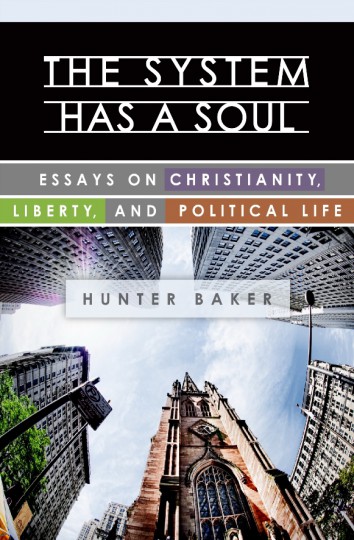 If money didn’t exist, would God have ordained that we invent it? Theologian Wayne Grudem says he would since money is simply a tool for our use that makes voluntary exchanges possible:
If money didn’t exist, would God have ordained that we invent it? Theologian Wayne Grudem says he would since money is simply a tool for our use that makes voluntary exchanges possible:
Money makes voluntary exchanges more fair, less wasteful, and far more extensive. We need money in the world in order for us to be good stewards of the earth and to glorify God through using it wisely. If money were evil in itself, then God would not have any. But he says, “The silver is mine, and the gold is mine, declares the LORD of hosts” (Hag. 2:8). It all belongs to him, and he entrusts it to us so that through it we would glorify him.
Money provides many opportunities to glorify God: through investing and expanding our stewardship and thus imitating God’s sovereignty and wisdom; through meeting our own needs and thus imitating God’s independence; through giving to others and thus imitating God’s mercy and love; or through giving to the church and to evangelism and thus bringing others into the kingdom.



 In 1994, a clever man named James Finn Garner published Politically Correct Bedtime Stories. Garner did
In 1994, a clever man named James Finn Garner published Politically Correct Bedtime Stories. Garner did  When it comes to reducing global poverty, the simplest solutions can often have an amazing impact. A prime example is the creation of travelable roads.
When it comes to reducing global poverty, the simplest solutions can often have an amazing impact. A prime example is the creation of travelable roads.










